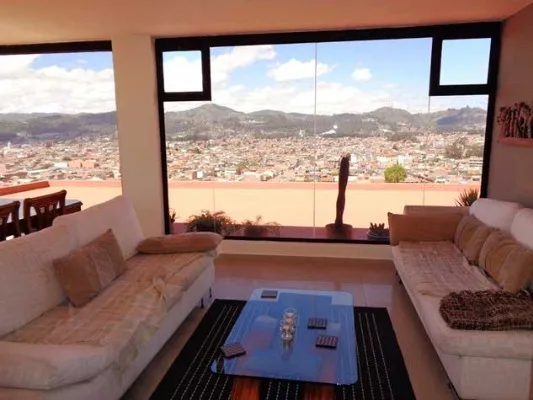Despite claims by the U.S., Ecuador says none of its top generals are on drug cartel payrolls
Government officials are asking the U.S. to back up its claim that military and police personnel, including some generals, are involved in the international drug trade, paid by Mexican and Colombian cartels. U.S. Ambassador to Ecuador Michael Fitzpatrick said Saturday that the U.S. has cancelled the visas of hundreds of Ecuadorian military and law enforcement officers and their families based on its investigations.

U.S. Ambassador to Ecuador Michael Fitzpatrick
“We have requested that the ambassador deliver information related to this matter immediately,” President Guillermo Lasso’s press office said Monday. “If there is in fact wrong-doing, the cases must by investigated by the appropriate authorities.” The press office said it is confident that none of the country’s top military command are involved in drug-related activities.
Fitzgerald claims that there is “extensive” drug trafficking activity within Ecuador’s armed forces and police agencies, although he did not provide names in a weekend interview with the Quito news site Primicias. “We are very concerned about the penetration of drug trafficking in Ecuador and in the Ecuadorian military and police forces,” he said.
He added: “President [Joe] Biden has just announced a new national anti-corruption strategy, which has a lot to do with our multilateral work to counter drug trafficking. In the case of the ‘narco-generals’ in Ecuador, we have withdrawn hundreds of visas. Investigations of these cases are underway.”
In the past, Ecuador has acknowledged military and police officers were involved in drug trafficking. In November, three active duty military personnel were arrested for illegal drug and firearms sales. According to prosecutors, the men were paid by Colombian cartels associated with the disbanded Revolutionary Armed Forces of Colombia, or FARC.
In 2019, Army Captain Telmo Castro was charged with drug trafficking and was later murdered in the Guayaquil Litoral Penitentiary.
Fitzpatrick defended the decision to cancel the visas of those working with drug cartels as well as members of their families. “In the past, people have hidden behind the claim of sovereignty to commit crimes but when international crimes are committed this defense is no longer valid,” he said. “It is the sovereign decision of the U.S. who we will allow to enter our country and who we will not.”
Due to the visa cancellations and information he plans to share with the Ecuadorian government, Fitzpatrick said the names of some of the guilty parties be known soon.


















